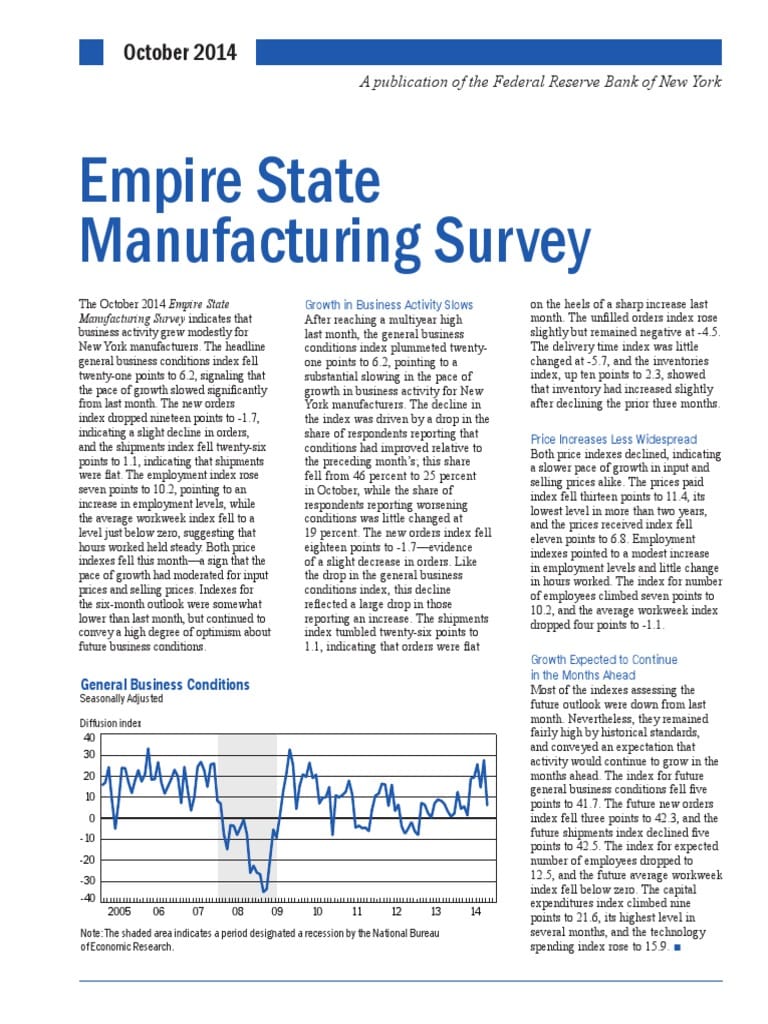In a bold move that could reshape the landscape of international taxation, former President Donald Trump has announced plans to establish an External Revenue Service (ERS). This new agency is designed to focus specifically on the collection of revenue from foreign sources, a step that Trump argues is necessary to bolster the U.S. economy and ensure that foreign entities contribute their fair share to the nation’s coffers.
The proposal comes in the wake of ongoing discussions about tax reform and the need for the United States to adapt its fiscal policies to a rapidly changing global economy. With many foreign companies operating within the U.S. market, the potential for revenue collection from these entities has become a focal point for policymakers. The ERS aims to streamline the process of identifying and collecting taxes from foreign businesses, thereby increasing government revenue and reducing the tax burden on American citizens.
One of the primary objectives of the ERS will be to enhance compliance among foreign companies. Currently, many foreign entities may not fully understand their tax obligations in the U.S., leading to significant revenue losses for the government. By establishing a dedicated agency, the Trump administration hopes to provide clearer guidelines and support for foreign businesses, ensuring they are aware of their responsibilities and the potential consequences of non-compliance.
The proposed agency would also focus on international cooperation in tax matters. Trump has indicated that the ERS will work closely with foreign governments to establish agreements that facilitate the exchange of tax information. This collaboration is intended to create a more transparent and efficient system for tracking foreign revenue and ensuring that taxes are paid where they are due. By fostering international partnerships, the ERS could help to combat tax evasion and promote fair competition in the global marketplace.
Critics of the proposal have raised concerns about the potential for increased bureaucracy and the implications for foreign relations. Establishing a new agency dedicated to revenue collection from foreign sources may lead to tensions with other countries, particularly if they perceive the U.S. as imposing unfair tax burdens on their businesses. Additionally, there are questions about the administrative costs associated with creating and maintaining the ERS, as well as its effectiveness in achieving its stated goals.
Supporters of the initiative argue that the potential benefits outweigh the risks. By tapping into foreign revenue streams, the U.S. could significantly increase its tax base, providing much-needed funding for public services and infrastructure projects. Furthermore, the establishment of the ERS could signal to foreign investors that the U.S. is serious about ensuring a level playing field in its markets, potentially attracting more international business to the country.
The announcement of the ERS has also reignited discussions about the broader implications of tax policy in the United States. As the global economy continues to evolve, many experts believe that the U.S. must adapt its tax system to remain competitive. The creation of the ERS could be seen as a step toward modernizing the tax code and addressing the challenges posed by globalization.
In addition to its focus on revenue collection, the ERS will likely play a role in educating foreign businesses about the U.S. tax system. This could involve outreach programs, workshops, and resources designed to help foreign entities navigate the complexities of U.S. tax law. By providing support and guidance, the ERS could foster a more cooperative relationship between the U.S. government and foreign businesses, ultimately benefiting both parties.
As the proposal moves forward, it will be essential for lawmakers to consider the potential impacts on both domestic and international stakeholders. Engaging in dialogue with foreign governments, business leaders, and tax experts will be crucial to ensuring that the ERS is implemented effectively and equitably. The success of this initiative will depend on its ability to balance the need for revenue collection with the importance of maintaining positive international relations.
In conclusion, the proposed establishment of an External Revenue Service represents a significant shift in U.S. tax policy, with the potential to reshape the way foreign entities interact with the American tax system. As discussions continue, the implications of this initiative will be closely monitored by both supporters and critics alike. The outcome of this proposal could have lasting effects on the U.S. economy and its position in the global marketplace.



